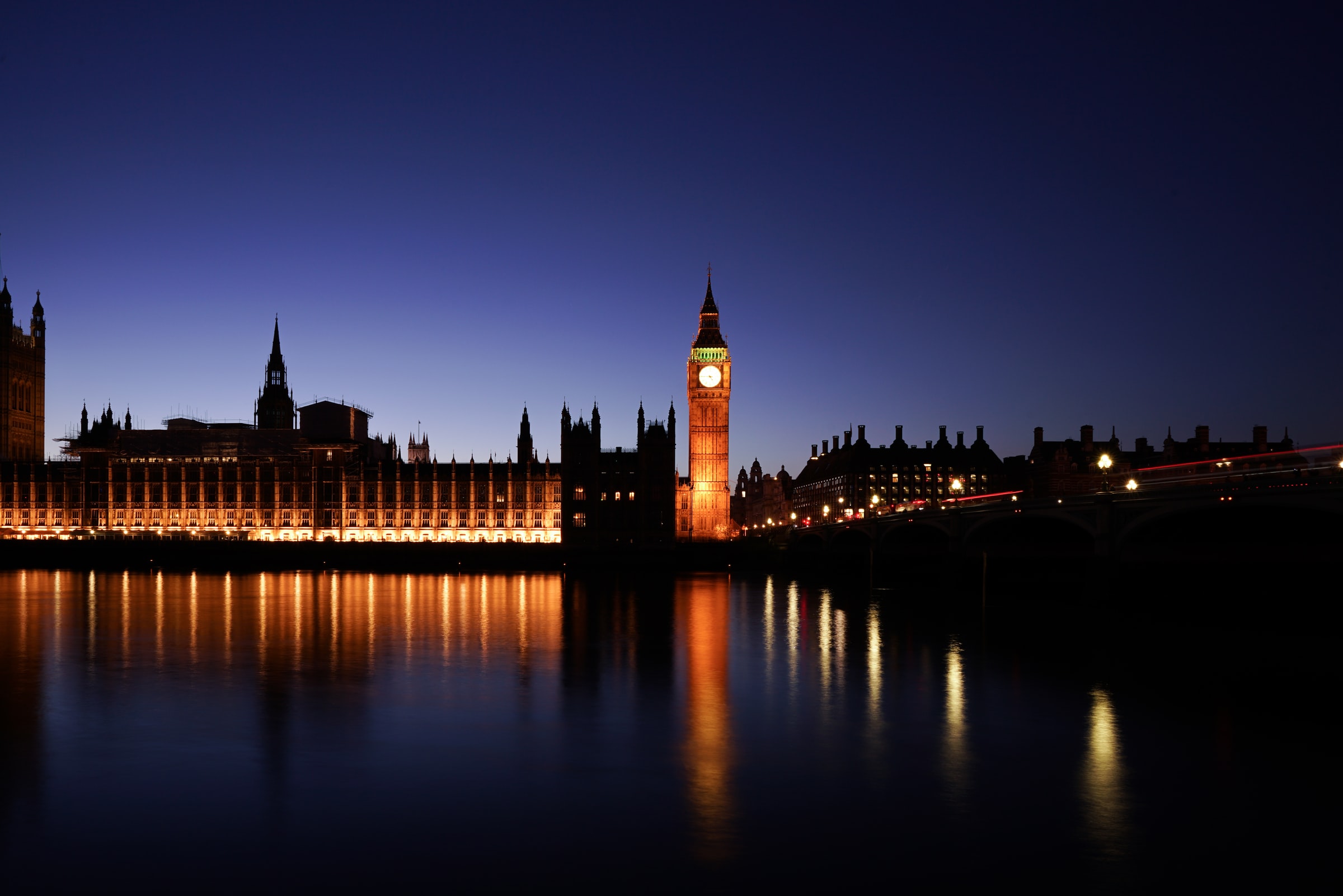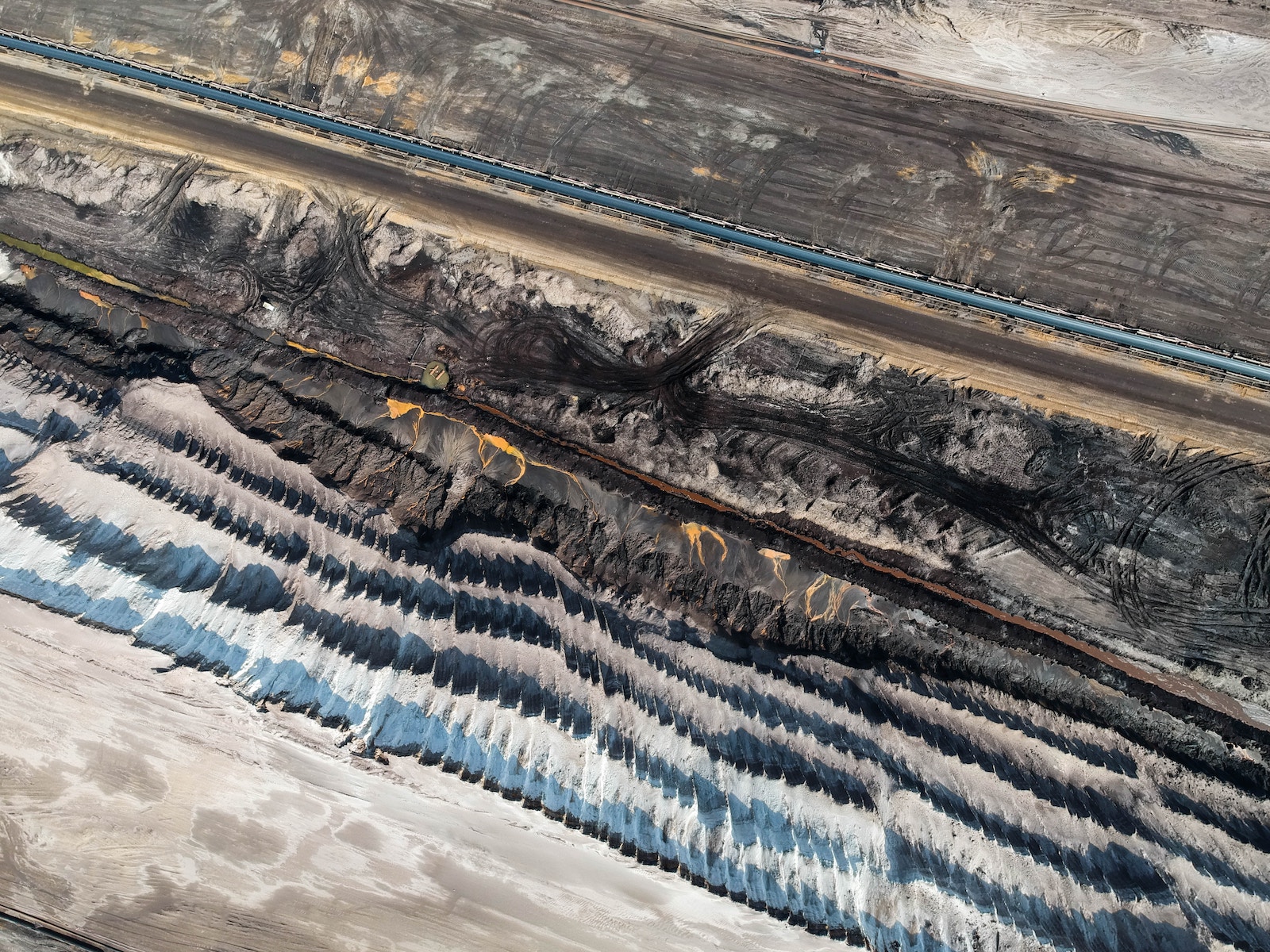Michael E. Mann, Director of the Earth System Science Center at Pennsylvania State University, one of the world’s most influential climate scientists and author of the book The New Climate War: The Fight to Take Back Our Planet, reveals how to face the “coalition of the unwilling” made up of fossil fuel interests, climate change deniers, conservative media tycoons and petrostate actors.
The science tells us it is not too late to prevent the worst impacts of climate change. There is great urgency to act now to reduce carbon emissions globally by a factor of two within the next decade if we are to avert a truly dangerous interference with our climate.
Michael E. Mann
Today it is not possible anymore to deny that climate change is happening, because we are seeing the impacts. But the “forces of inaction” haven’t given up, they have changed their tactics. They’ve moved from the “old climate war”, which was an effort to discredit the scientific evidence and the scientists, to what I call the “new climate war”, a new array of tactics – including soft denial and efforts to delay action – that are still aimed at keeping us addicted to fossil fuels.
Michael E. Mann
The live streaming event was part of the series Seeds. Words that feed the future for the CMCC Climate Change Communication Award “Rebecca Ballestra”.






